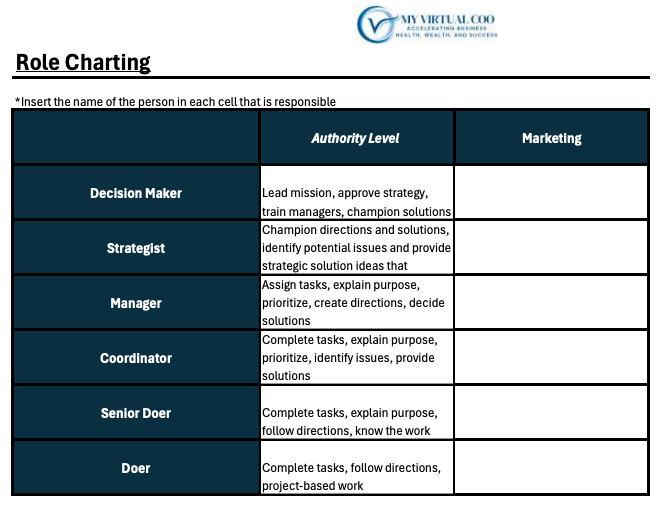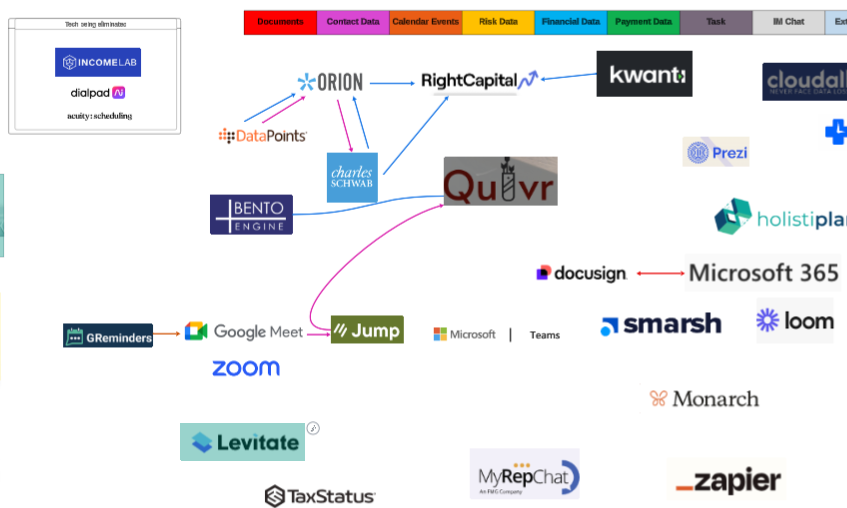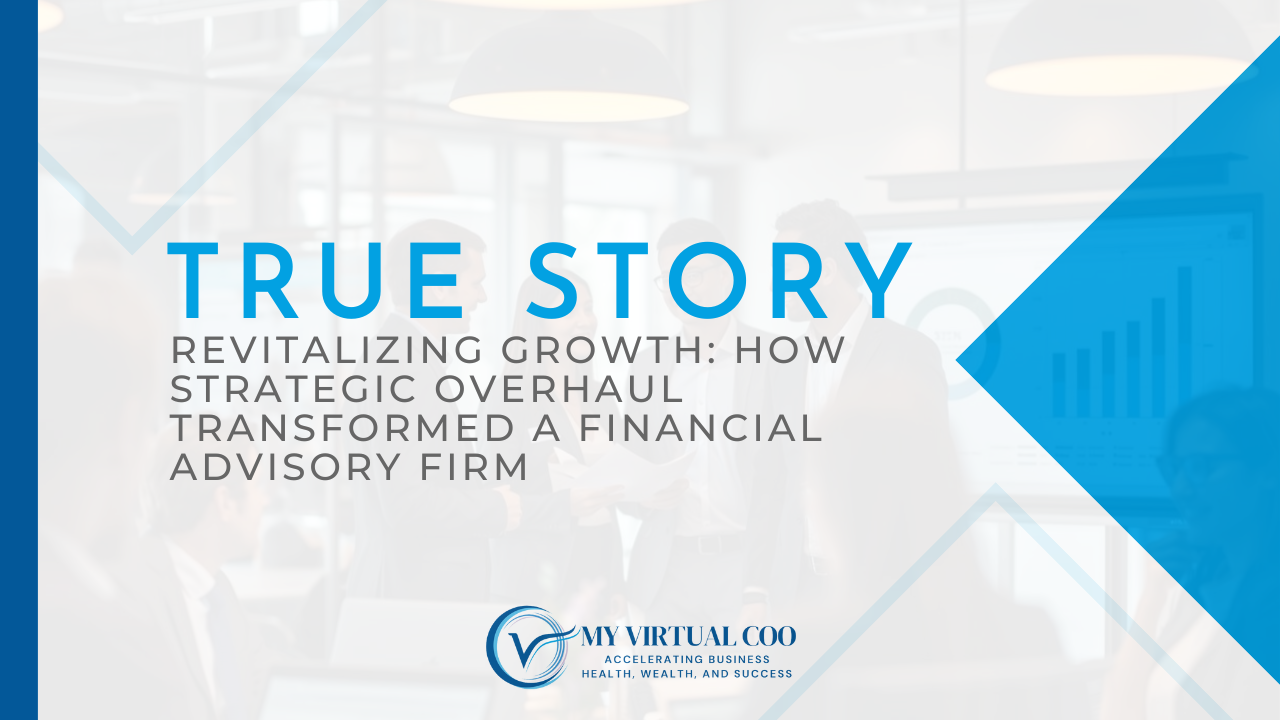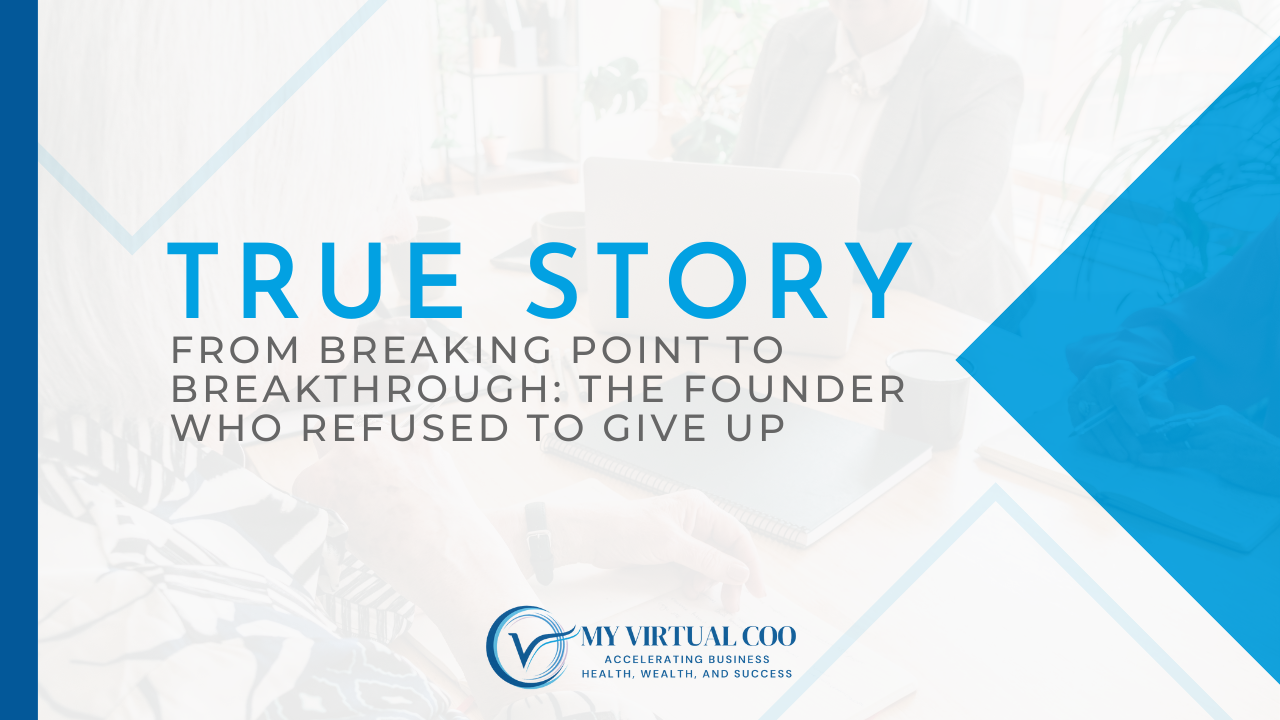How One Founder Scaled up while finally taking a long-awaited vacation
When you’re growing your client base and team, it’s easy to get buried in the day-to-day. Welcome to this founder’s story of leading a growing business and stretched too thin, working nights and weekends, no time for a true vacation in years, and stuck in a constant game of catch-up. Something had to change.
It was time to scale operations without burning out, regain control, and lay the foundation for sustainable growth that allowed for breathers and breaks.
Initial Bottlenecks:
- No documented processes
- Tech underutilized and poorly integrated
- Fuzzy roles, responsibilities, and unclear career paths
- No easy-to-manage accountability and autonomy methods in place
- No active marketing to increase trust and attract rewarding revenue that would afford more help
- Owner wearing too many hats and responsible for too many decisions
The Shift from overwhelmed to organized
We focused on four priorities: clarity, delegation, systems, and sustainability.
 Clarify Responsibilities and Roles
Clarify Responsibilities and Roles
Using a tailored set of job descriptions and our responsibilities and roles technique, we repidly aligned roles, responsibiities and the beginnings of career paths with the team having full buy-in. This helped the owner delegate better, build trust, and manage a growing team with confidence and clarity.

Create Processes & Automate Business Tasks
We designed new hire and new client onboarding business processes to make onboarding smoother and less reliant on the owner’s time. We freed up time with the automation of tasks that eliminated manual, repeatable work. We topped off the effort with a project management software system to clearly identify and prioritize projects, track progress, and run productive meetings.

Optimize Tech + Integrate My Stack
We cleaned up the CRM, fixed broken integrations, and aligned it with other time-saving tools to improve client communication and increase efficiency across the board.

We also introduced:
- AI tools to help teach critical thinking during content creation
- An AI notetaker to save hours of admin documentation work
- A smart scheduling tool to streamline meetings, improve communication, and automate follow-ups
Plan Ahead and Prioritize Changes
We created a five-year growth projection to guide hiring, track KPIs and metrics, and align revenue goals with operational capacity. This gave the owner clarity on what to tackle first—and the confidence to prioritize changes without overwhelm.
The Results: Confidence, Capacity, and Clarity
This transformation allowed the founder to step back from the weeds and manage time better—without sacrificing quality or growth.
- A senior team member was onboarded seamlessly and contributed within two weeks
- CRM usage increased dramatically, supporting stronger client relationships
- Roles and responsibilities are clear, with a culture of improved accountability and trust
- The owner took TWO vacations this year! —for the first time ever in years.
Key Takeaways You Can Use
- Fix bottlenecks in your business by clarifying who owns what
- Automate business tasks to free up time for strategy and clients
- Hire a strategic integrator who can keep the car engine running optimally and accelerating
- Lead change by tracking progress and creating space to think
- Create systems that support your team—so you’re not the system
What’s Next: Growth With Less Grind
This business is now preparing for its first team retreat—focused on alignment, strategy, and culture-building. The momentum is strong, and the path forward is clear.
Next initiatives include:
- Upgrading CRM workflows for even more efficiency
- Implementing a testimonial and review engine
- Developing a full strategic plan rooted in the progress already made
This is what happens when you stop surviving and start scaling—with the right help, the right tools, and a plan to grow.
Related Posts
True Story: From Breaking Point to Breakthrough: The Founder Who Refused to Give Up
mvcoo-ea | Sep, 17 2025



